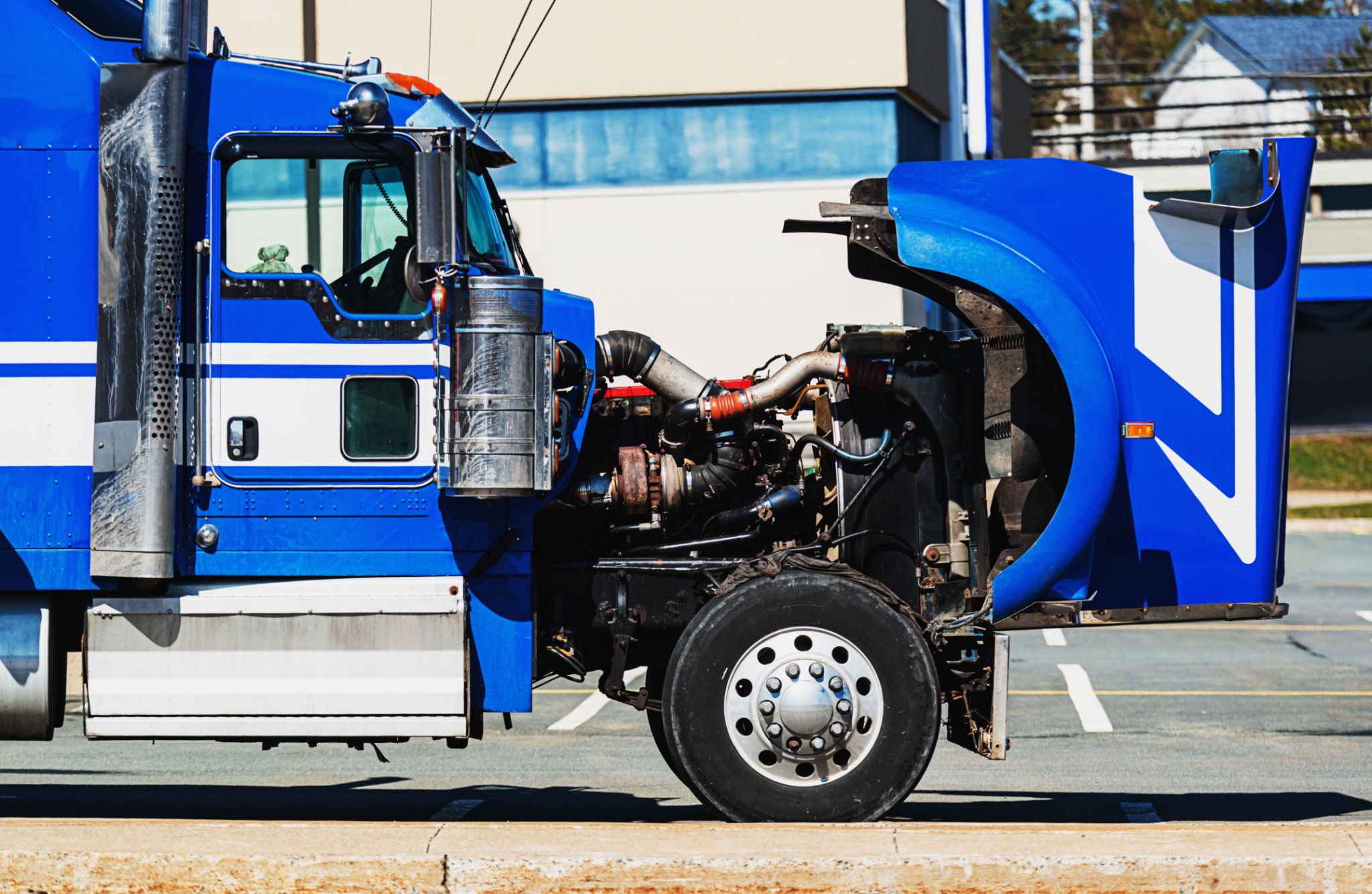DIY Truck Repair Tips: When to Do It Yourself and When to Call a Pro
Understanding the Basics of DIY Truck Repair
Owning a truck can be both a joy and a responsibility, especially when it comes to maintenance and repairs. While some truck repairs can be tackled at home, others require the expertise of a professional. Knowing when to roll up your sleeves and when to call in the pros is crucial for ensuring your truck remains in top condition.

When It's Okay to DIY
Many truck owners enjoy the satisfaction and cost savings of handling certain repairs themselves. Here are some tasks that can typically be done at home:
- Oil Changes: Replacing the oil and filter is a straightforward process for most vehicles. With the right tools and a bit of guidance, you can maintain your engine's health without visiting a mechanic.
- Brake Pads Replacement: If your truck's brakes are squeaking, replacing the brake pads can often be managed with basic tools and some mechanical knowledge.
- Battery Replacement: Changing a dead battery is a simple task that requires minimal tools. Just ensure you follow safety precautions to avoid any mishaps.
When to Call a Professional
While DIY repairs can be rewarding, certain issues are best left to experienced mechanics. Here are situations where professional help is recommended:
- Transmission Problems: The transmission is a complex system that requires specialized knowledge and tools. Attempting to repair it yourself can lead to costly mistakes.
- Engine Overhaul: If your truck's engine needs major work, it's wise to seek professional assistance. Engine repairs demand precision and expertise.
- Electrical Issues: Diagnosing and fixing electrical problems can be challenging without the proper equipment. A professional can quickly identify and resolve these issues.

Assessing Your Skills and Tools
Before deciding on a DIY repair, assess your skills and the tools you have available. Having the right equipment and a clear understanding of the task at hand is essential. Online tutorials, repair manuals, and forums can provide valuable information, but they cannot replace hands-on experience.
The Cost Factor
One of the main reasons people opt for DIY repairs is to save money. However, it's important to consider the potential costs of mistakes. Incorrect repairs can lead to further damage, resulting in higher expenses than if you had initially hired a professional. Weigh the cost of professional labor against the risk of error before making your decision.

Safety First
Your safety should always be the top priority when performing any kind of vehicle repair. Ensure you have a safe workspace, use appropriate safety gear, and follow all necessary precautions. If a repair feels beyond your capability or comfort level, it’s safer to consult a professional.
Conclusion
Balancing DIY repairs with professional help is key to maintaining your truck’s performance and longevity. By understanding your limits and knowing when to call in an expert, you can ensure that your truck remains reliable on the road. Whether you're changing oil or addressing more complex issues, prioritize safety and quality in all your repair endeavors.
